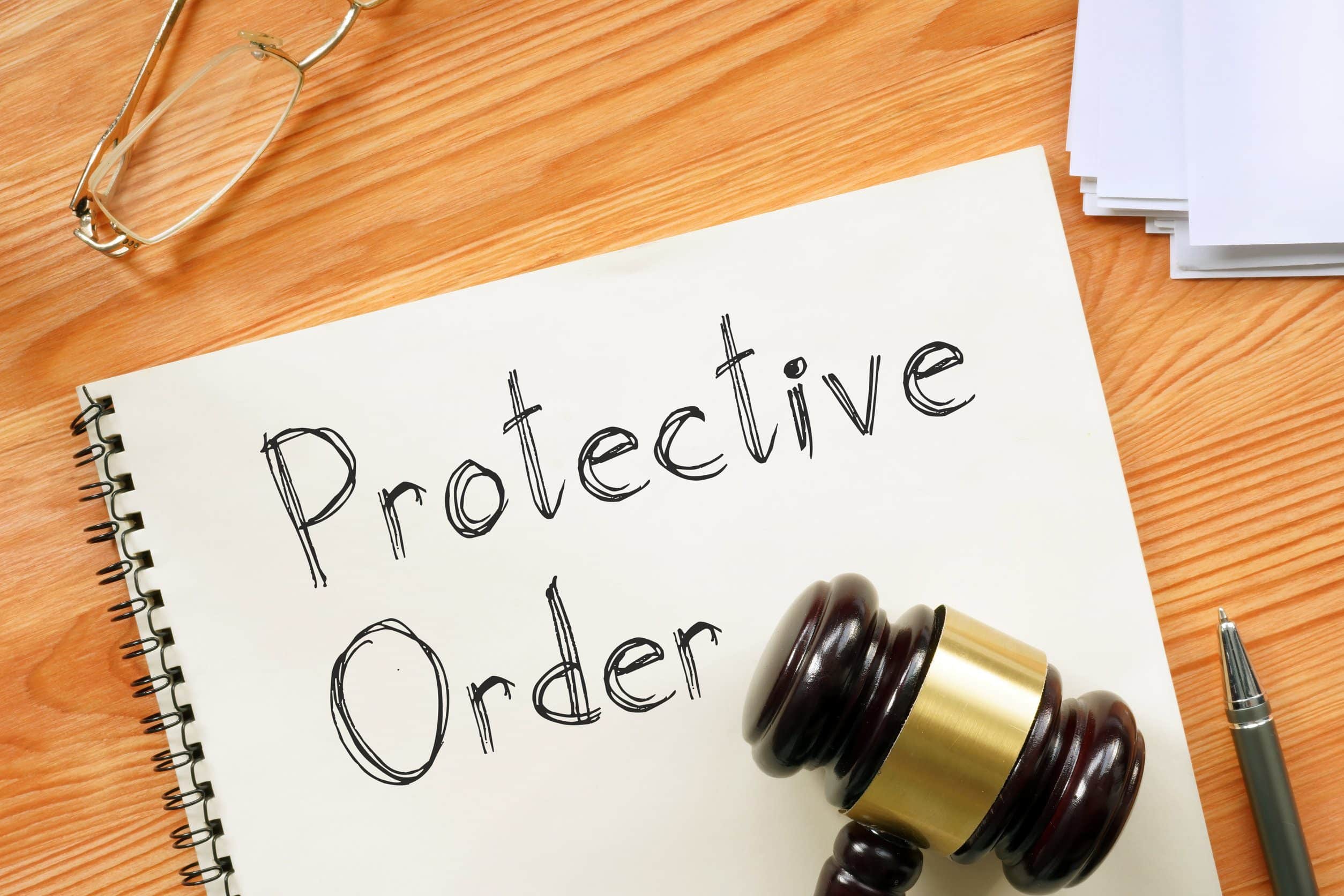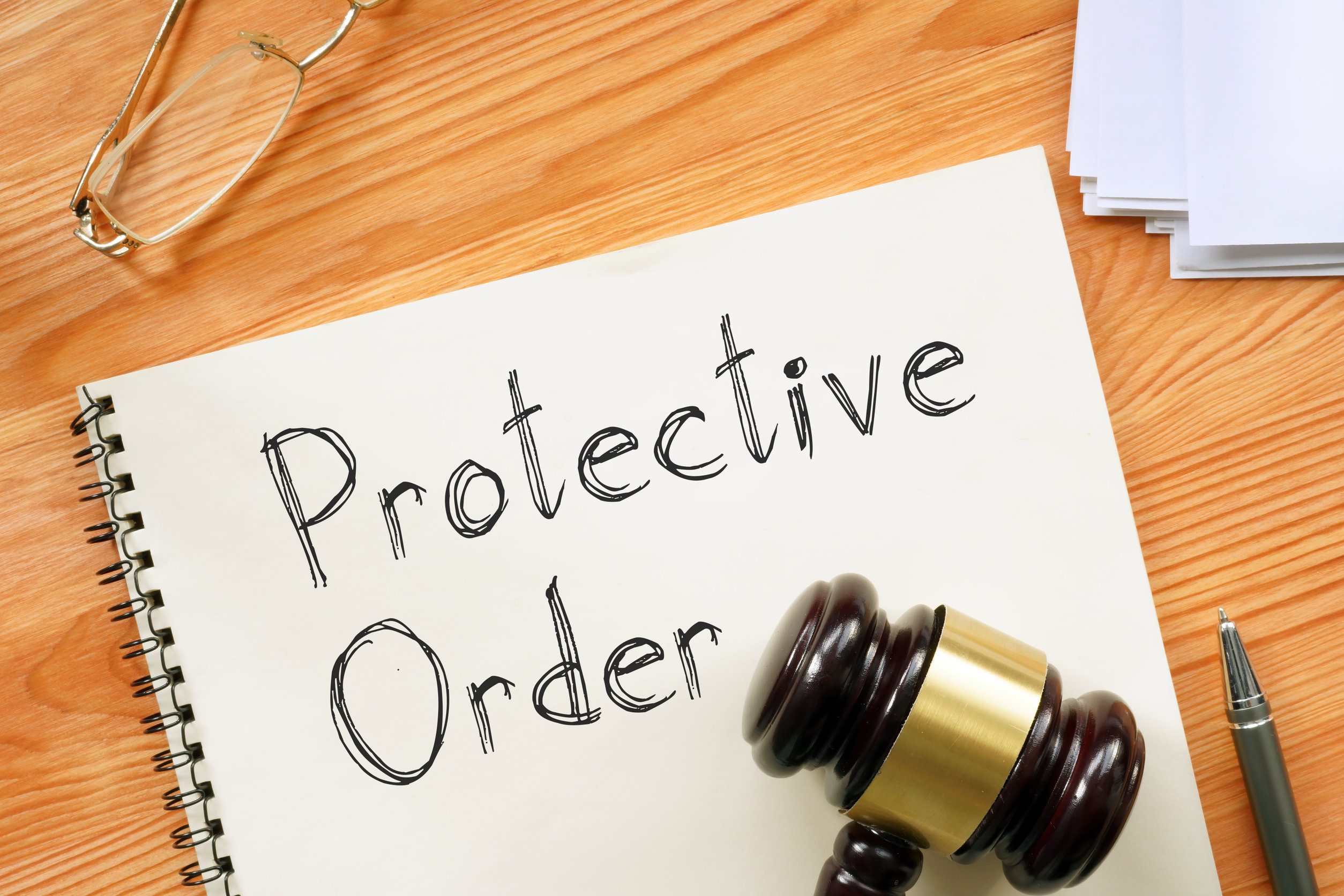MN Domestic Violence Protective Orders: Common Conditions

Andrew & Poole, P.A.

Just as in other states, Minnesota takes threats and violence between members of the same household very seriously – and they take action to protect those who are vulnerable.
Minnesota provides victims of domestic violence with a form of legal protection called an “order for protection”. This order contains many conditions. If you are named as the person against whom the order was issued, violating these conditions can send you to jail.
If you’re not sure what an order for protection is or what it does, then read on to find out more to help you stay within the confines of the law.
Order For Protection: What Is It?
When a domestic abuse case is pending between family or household members, an order for protection can be issued to help provide protection to the alleged victims of the abuse. If an order is issued, it can demand that the person named in the order:
- Leave the home
- Stay away from the victims
- Pay temporary spousal or child support
- Define a temporary order of parenting time or custody
It’s crucial to note that an order for protection isn’t a criminal charge, it’s something that is handled in family court. If the police are called to a home because of domestic violence, they can open a separate criminal case related to that incident.
What Qualifies as Domestic Violence?
An order for protection is given in the case of domestic violence or abuse, so it’s important to understand the types of actions that constitute this crime.
Domestic assault is the most commonly charged crime of domestic violence. It occurs when a household or family member intentionally inflicts or attempts to inflict bodily harm on someone in the household. This also counts if someone does something that places another person in fear of their life or in fear of great harm.
Household and family members are defined specifically under the law as:
- Current spouses
- Former spouses
- Parents
- Children
- Anyone you are related to by marriage or blood
- Anyone with whom you share a home with or have shared a home
- Anyone with whom you parent a child
- The father of a pregnant woman’s child
Of course, assault isn’t the only domestic violence charge a person can face. Any incident of violence that occurs between family or household members can result in some other domestic violence-related charge such as terroristic threats, criminal sexual assault, strangulation, or stalking.
What Are the Conditions of an Order For Protection?

The person being protected by the order can ask the court for the conditions they need to keep them safe. This can include a variety of provisions, and the person named in the order must comply with them — or risk going to jail.
That means that, if you are named in an order for protection, you may not:
- Threaten the person asking for the order or anyone in the home
- Contact the person protected by the order through any means, including phone, social media, email, or even through another person
- You cannot go near where the person protected by the order lives, works, or goes to school
- You may have to move out of the home if you share it with the person
- You may temporarily lose custody of any minor children and not be allowed to see them
- You may have to pay temporary child support or spousal support
- You may have to attend treatment or counseling
- You may not sell or destroy any shared property
- You may have to pay medical costs for any bills associated with the incident
About the Author:
Andrew T. Poole is a Minnesota native who has served in the Army for more than 18 years and is currently a JAG lawyer in the Army Reserves in addition to serving as a partner at LaCourse, Poole & Envall. He has handled thousands of criminal and family law cases over the course of his career and has a firm belief that all hardworking Minnesotans should be entitled to the best possible legal counsel. Mr. Poole boasts a 10/10 Superb rating on Avvo, is Lead Counsel rated, and has been recognized multiple times by SuperLawyers, National Trial Lawyers, and others for his work.
















